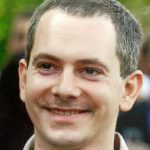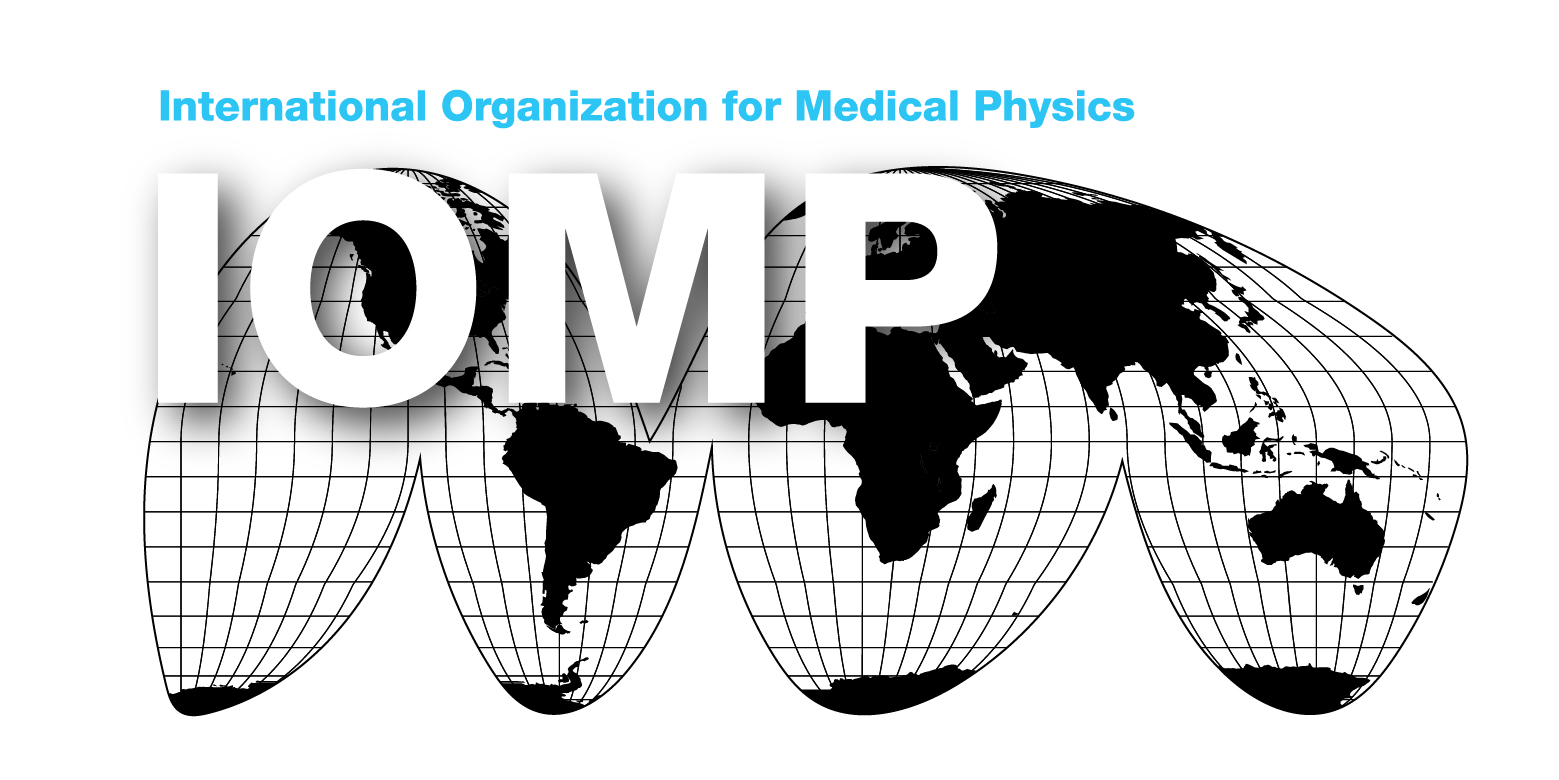IOMP School Webinars on Artificial Intelligence and Machine Learning
Webinar Topics:
- What is radiomics? What is its relationship to machine learning and deep learning? Arman Rahmin, UBC, Vancouver, Canada
- Potential value and pitfalls of machine learning for radiomics applications by Mathieu Hatt, INSERM, France
9 July 2020, 12 noon – 1:00 GMT
To check the corresponding time in your country please check this link: https://greenwichmeantime.com/time-gadgets/time-zone-converter/
Register here: https://www.iomp.org/iomp-school-webinar-4
Organizer: Prof. Madan Rehani, President, IOMP
Speakers:
 Arman Rahmin is Associate Professor of Radiology and Physics at the University of British Columbia (UBC), as well as Senior Scientist and Provincial Medical Imaging Physicist at BC Cancer, Vancouver, Canada. He received his PhD in medical imaging physics at UBC. Following doctoral studies, he was recruited by Johns Hopkins University (JHU) to lead the high-resolution brain PET imaging physics program and to pursue research at the JHU Department of Radiology. In 2018, he was recruited back to Vancouver, where he leads the provincial molecular imaging and therapy physics program and his lab (rahmimlab.com) pursues research in tomographic image generation and analysis. He has published a book, over 130 journal articles and 280 conference proceeding papers/abstracts, and delivered more than 90 invited lectures worldwide. He was president (2018-2019) of the Physics, Instrumentation and Data Sciences (PIDS) Council of the Society of Nuclear Medicine & Molecular Imaging (SNMMI), and was awarded the John S. Laughlin Young Scientist Award by the American Association of Physicists in Medicine (AAPM) in 2016
Arman Rahmin is Associate Professor of Radiology and Physics at the University of British Columbia (UBC), as well as Senior Scientist and Provincial Medical Imaging Physicist at BC Cancer, Vancouver, Canada. He received his PhD in medical imaging physics at UBC. Following doctoral studies, he was recruited by Johns Hopkins University (JHU) to lead the high-resolution brain PET imaging physics program and to pursue research at the JHU Department of Radiology. In 2018, he was recruited back to Vancouver, where he leads the provincial molecular imaging and therapy physics program and his lab (rahmimlab.com) pursues research in tomographic image generation and analysis. He has published a book, over 130 journal articles and 280 conference proceeding papers/abstracts, and delivered more than 90 invited lectures worldwide. He was president (2018-2019) of the Physics, Instrumentation and Data Sciences (PIDS) Council of the Society of Nuclear Medicine & Molecular Imaging (SNMMI), and was awarded the John S. Laughlin Young Scientist Award by the American Association of Physicists in Medicine (AAPM) in 2016 Mathieu Hatt is a computer scientist. He received his PhD in 2008 and his habilitation to supervise research in 2012. His main skills and expertise lie in radiomics, from automated image segmentation to features extraction, as well as machine (deep) learning methods, for PET/CT, MRI and CT modalities. He is an elected member of the EANM physics committee, the SNMMI physics, data science and instrumentation council board of directors, and the IEEE nuclear medical and imaging sciences council.
Mathieu Hatt is a computer scientist. He received his PhD in 2008 and his habilitation to supervise research in 2012. His main skills and expertise lie in radiomics, from automated image segmentation to features extraction, as well as machine (deep) learning methods, for PET/CT, MRI and CT modalities. He is an elected member of the EANM physics committee, the SNMMI physics, data science and instrumentation council board of directors, and the IEEE nuclear medical and imaging sciences council.
Webinar Topic: Artificial Intelligence in Medical Physics and Medicine: Challenges and Opportunities
23 June 2020, 12 noon – 1:00 GMT
To check the corresponding time in your country please check this link: https://greenwichmeantime.com/time-gadgets/time-zone-converter/
Register here: https://www.iomp.org/iomp-school-webinar-3
Moderator: Prof. Madan Rehani, President, IOMP
Speaker:

Prof. Steve Jiang, Ph.D.
Vice Chair, Department of Radiation Oncology;
Director, Division of Medical Physics and Engineering
University of Texas Southwestern Medical Center
USA
Dr. Steve Jiang received his Ph.D. in Medical Physics from Medical College of Ohio in 1998. After completing his postdoctoral training at Stanford University, he joined Massachusetts General Hospital and Harvard Medical School in 2000 as an Assistant Professor of Radiation Oncology. In 2007, Dr. Jiang was recruited to University of California San Diego as a tenured Associate Professor to build Center for Advanced Radiotherapy Technologies, for which he was the founding and executive director. He was then promoted to Full Professor with tenure in 2011. In October 2013, Dr. Jiang joined University of Texas Southwestern Medical Center as a tenured Full Professor, Barbara Crittenden Professor in Cancer Research, Vice Chair of Radiation Oncology Department, and Director of Medical Physics and Engineering Division. Dr. Jiang is a Fellow of Institute of Physics and American Association of Physicists in Medicine. Dr. Jiang’s research in various areas of cancer radiotherapy has been funded by federal, state, charitable, and industrial grants for over 15 million dollars, resulting in over 200 peer-reviewed journal papers with an H-index of 75. His current research interest is on the development and deployment of artificial intelligence technologies to solve medical problems. He is the founding director for both Medical Artificial Intelligence and Automation Laboratory and Program of Excellence in Intelligent Medicine at UT Southwestern. He has supervised over 30 postdoctoral fellows and 10 Ph.D. students.


